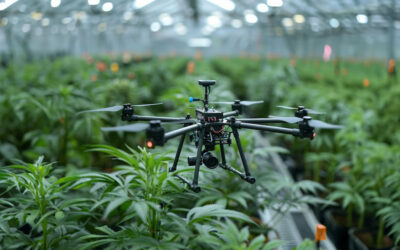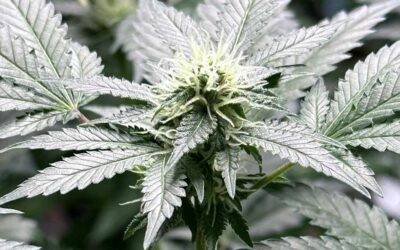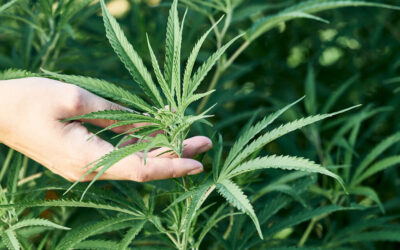
Cannabis And Social Justice
An Intersectional Journey Towards Reform
Cannabis, often referred to as marijuana or weed, has been a hot-button topic for decades. Beyond its medical and recreational uses, the plant has played a pivotal role in the social justice movement. As we delve into the history of cannabis prohibition and its impact on marginalised communities, it becomes evident that cannabis legalisation is not merely about recreational freedom but also about righting historical wrongs and promoting social equity.
The War on Drugs
In the 20th century, the United States launched the infamous “War on Drugs” to combat drug abuse. Unfortunately, this initiative disproportionately targeted communities of colour and disadvantaged individuals, leading to higher incarceration rates for non-violent cannabis offences. As a result, thousands of lives were derailed, families were torn apart, and entire communities suffered the consequences.
According to the American Civil Liberties Union (ACLU), Black Americans were nearly four times more likely to be arrested for cannabis-related offences than their white counterparts, despite similar usage rates. This glaring disparity not only perpetuated racial injustices but also exacerbated existing socio-economic inequalities.
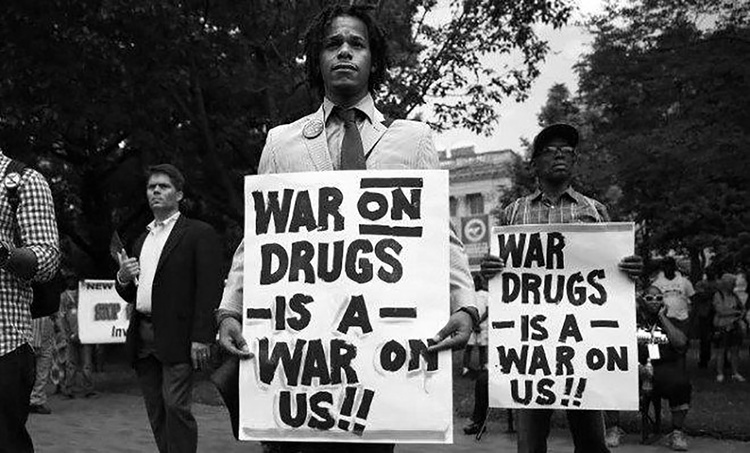
Criminal Justice Reform
One of the primary outcomes of cannabis legalisation has been the expungement of criminal records related to non-violent cannabis offences. This act not only provided a fresh start for those previously convicted but also helped reduce the overcrowding of prisons, which had been a major concern in the American criminal justice system.
Moreover, cannabis legalisation has freed up law enforcement resources, enabling them to focus on more serious crimes and build trust with the communities they serve. This shift has the potential to create a more positive relationship between law enforcement and marginalised communities, fostering mutual respect and cooperation.
Economic Empowerment and Social Equity
Beyond criminal justice reform, cannabis legalisation has presented economic opportunities for individuals and communities that were historically disproportionately affected by the War on Drugs. Social equity programs have been introduced in some jurisdictions, aiming to ensure that those negatively impacted by cannabis prohibition have a fair chance to participate in the burgeoning legal cannabis industry.
These programs offer support to minority entrepreneurs, allowing them to secure licenses, access funding, and navigate the complex regulatory landscape. By providing a pathway to participate in the cannabis industry, these initiatives seek to address past injustices and promote economic empowerment within marginalised communities.
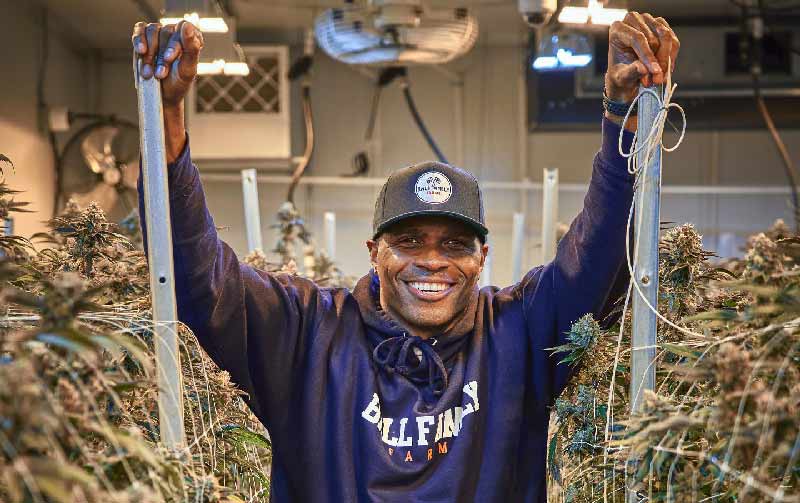
Ball Family Farms came through the Department of Cannabis Regulation’s Social Equity Program
Addressing Health Disparities
The medicinal properties of cannabis have also sparked interest in its potential to address health disparities in underserved communities. Research has shown that cannabis-derived compounds can aid in managing chronic pain, epilepsy, and other medical conditions. As cannabis becomes more accessible and destigmatised, there is an opportunity to ensure equal access to medical cannabis treatments for all individuals, regardless of their socioeconomic status or racial background.
It’s Time For Reform
Cannabis legalisation represents more than just a progressive step towards recreational freedom; it embodies the pursuit of social justice and equity for marginalised communities that have borne the brunt of unjust drug policies. By acknowledging the historical injustices associated with cannabis prohibition and implementing comprehensive reforms, society can take meaningful strides towards a more just and inclusive future.
As the movement continues, it is crucial to prioritise social equity programs, invest in education, and create platforms for constructive dialogue to ensure that the benefits of cannabis legalisation are accessible to all and contribute to a fairer and more just society. Only then can we truly celebrate cannabis as an agent of positive change and social justice.














